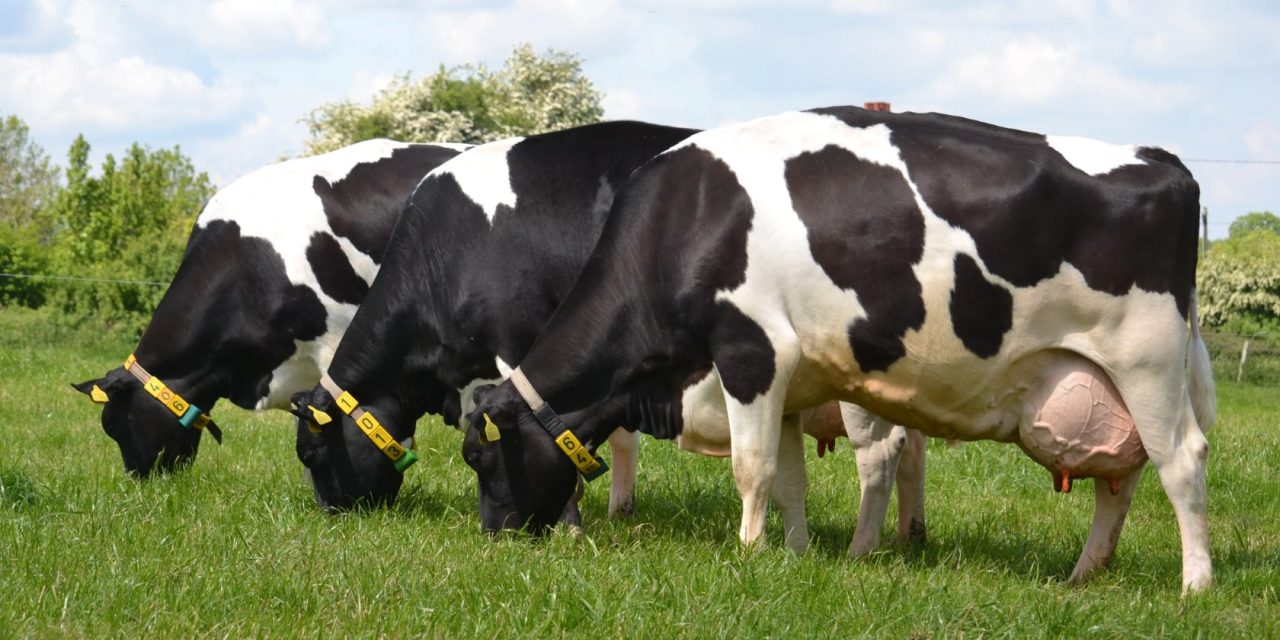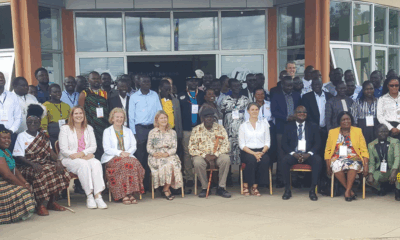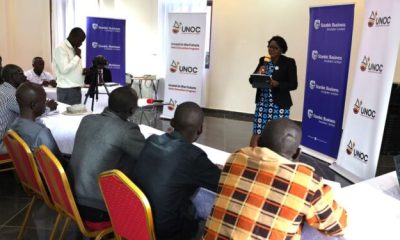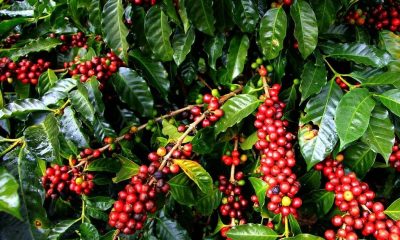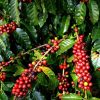Agriculture
Uganda to Import High-Yield Dairy Breeds from Kenya as NARO Unveils Breakthrough Anti-Tick Vaccine
In a bold move to modernise its dairy sector and safeguard livestock health, Uganda’s National Agricultural Research Organisation (NARO) is set to import high-yielding dairy cattle from Kenya while simultaneously rolling out its newly registered Anti-Tick Vaccine, NAROVAC. The twin initiatives aim to boost milk production, enhance farmer incomes, and combat the devastating impact of tick-borne diseases across the country.
Speaking at the Mbarara Zonal Agriculture Research and Development Institute (MBAZARDI), Dr. Halid Kirunda, Director of Research, revealed that NARO is developing a comprehensive dairy breeding action plan that will guide cattle improvement programs across the country.
A nine-member committee comprising experts from NAGRIC, Heifer International, SNV, farmers, breeders, geneticists, and economists has been established to oversee the initiative. “We are setting up a composite breeding centre that will serve as the foundation for producing stabilised breeds suited to different regions of Uganda,” Dr. Kirunda explained.
The programme will focus on crossbreeding East African short-horned Zebu, Friesians, Jerseys, Gansu, and Ayrshire cattle with indigenous breeds such as the Ankole long-horned and Nganda cattle. The aim is to develop resilient breeds capable of thriving in diverse agro-ecological zones, including Karamoja and Buganda.
According to Dr. Kirunda, the cattle being imported are expected to produce between 25–30 litres of milk daily, with some capable of yielding up to 45–50 litres. The animals, which are in-calf between three and seven months, will significantly boost the initial herd at the breeding centre. “By the end of seven months, we expect to have over 200 cattle on site,” he noted.
The selection process for the cattle involved visits to ten pedigree farms in Kenya, where experts studied long-term breeding records to identify the most suitable breeds for Uganda. “We are bringing in four key breeds—Friesians, Jerseys, Ganze, and Ayrshire—and only awaiting completion of the infrastructure before the cattle arrive next week,” Dr. Kirunda added.
In a parallel milestone, NARO has officially registered its Anti-Tick Vaccine, branded as NAROVAC. The vaccine has undergone a rigorous approval process, including concept validation, on-station clinical trials (which demonstrated 75% efficacy), and confined field trials at MBAZARDI, Kiburara, Isimba prison farms, Maruzi, and Mbwizardi in Karamoja. The results showed an integrated efficacy and effectiveness rate of 97%.
“The vaccine was also subjected to safety assessments, and no adverse effects were recorded,” Dr. Kirunda said. He added that rollout is planned to begin in December, starting with high tick-prevalence areas, pending President Yoweri Museveni’s approval.
The twin initiatives—breeding high-yielding cattle and introducing a reliable anti-tick vaccine—are expected to transform Uganda’s dairy industry, improve farmer livelihoods, and enhance national food security.
Comments



